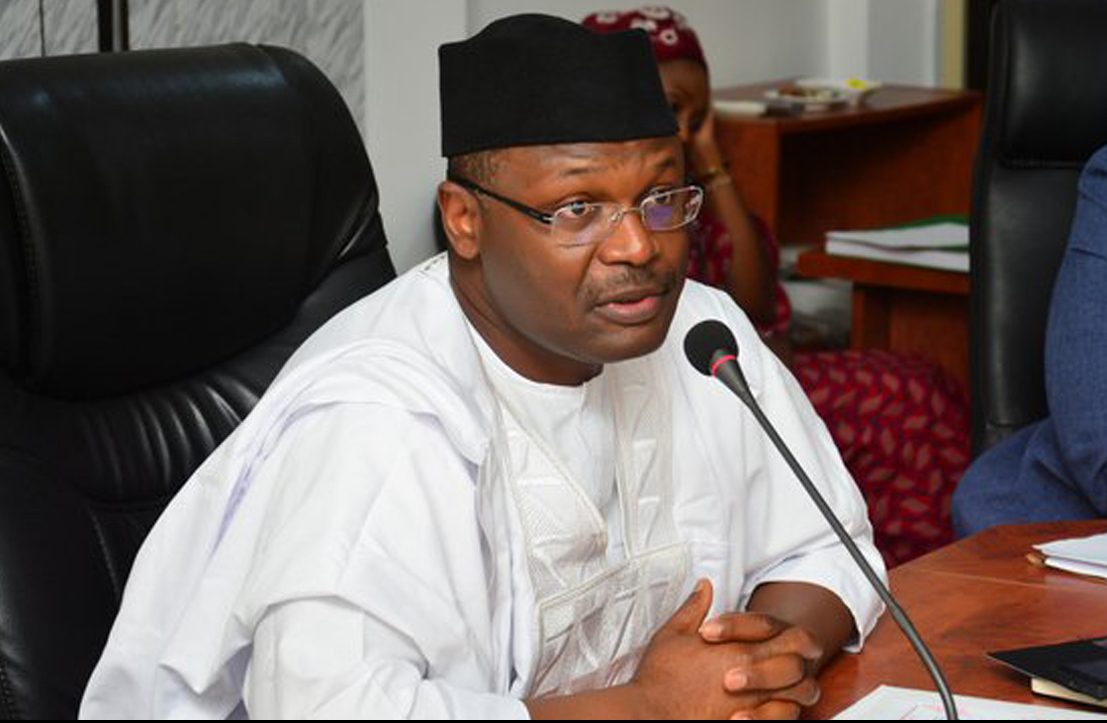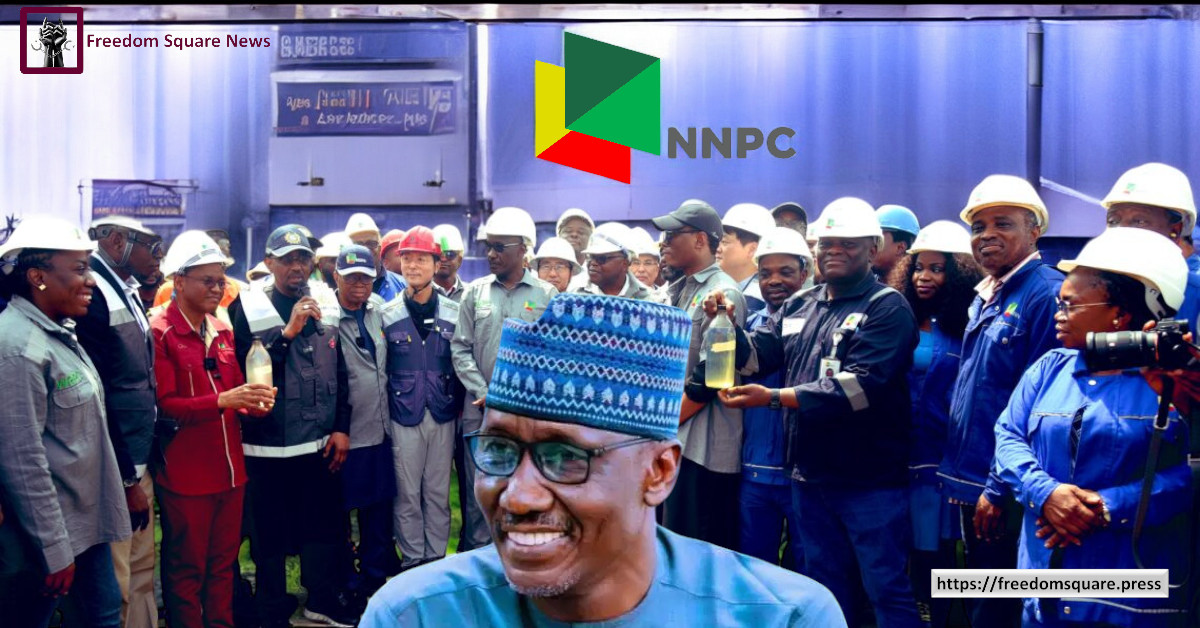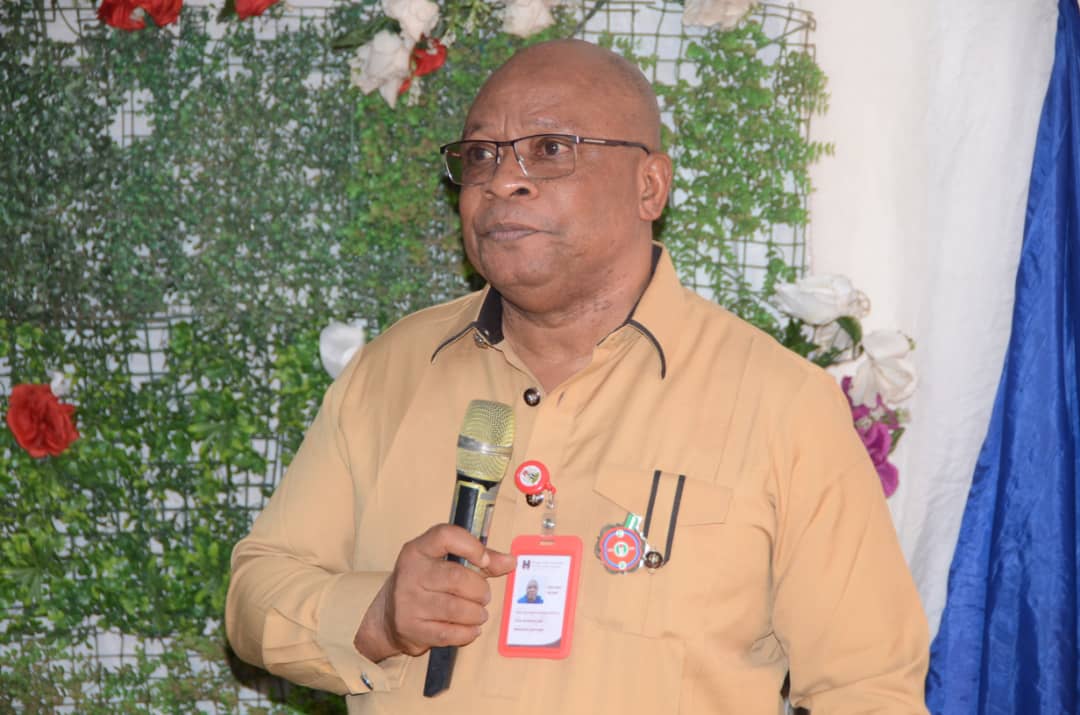In a recent statement released on their official Twitter handle, @inecnigeria, the Independent National Electoral Commission (INEC) has acknowledged both the positive aspects and challenges faced during the 2023 General Election.
The Commission has expressed its awareness that certain aspects of the election are currently being litigated at various election petition tribunals, and, thus, they are cautious not to comment on issues that are clearly sub-judice. However, they have invited inputs from stakeholders to review the election broadly and identify areas for improvement in the future.
During a meeting, INEC presented an agenda for stakeholders to provide their observations and suggestions on various aspects of the election process. These include:
i. Accreditation of media organizations:
INEC sought feedback on the process of accrediting media organizations for election coverage. This aspect is crucial to ensure fair and unbiased reporting during the electoral process.
ii. Access for journalists to voting and collation locations on Election Day:
The Commission is keen to gather practical experiences from journalists regarding their access to voting and collation locations on Election Day. Ensuring media access is essential to maintain transparency and public awareness.
iii. Conduct of pre-election activities by the Commission: Continuous Voter Registration (CVR), voter access to polling units, etc.:
INEC is interested in understanding the public’s perspective on pre-election activities, such as the Continuous Voter Registration (CVR) process and voter access to polling units, to enhance inclusivity and participation.
iv. Logistics for the movement of personnel and materials:
Logistics play a crucial role in conducting a successful election. INEC aims to learn from the challenges faced during the movement of personnel and materials and make improvements for future elections.
v. Recruitment and training of ad-hoc staff:
Ad-hoc staff are integral to the smooth functioning of an election. INEC is seeking suggestions to enhance the recruitment and training process for such staff.
vi. Conduct of regular and ad hoc officials during the election:
INEC wants to assess the conduct of its regular and ad hoc officials during the election and identify areas for improvement in their roles and responsibilities.
vii. Security during the election:
Ensuring the security and safety of voters, election officials, and materials is paramount. INEC welcomes feedback on security arrangements during the election.
viii. The role of technology in voter accreditation and result management:
The use of technology in voter accreditation and result management can streamline the process and enhance efficiency. Stakeholders’ insights on this aspect are crucial for future technological advancements.
ix. Any other suggestions that will improve the conduct of future elections:
INEC is open to receiving any additional suggestions from stakeholders that can contribute to the overall improvement of the electoral process in Nigeria.
The Commission’s proactive approach in seeking feedback from various stakeholders reflects their commitment to transparency and continuous improvement. It signals a desire to address past challenges and implement necessary changes to ensure more credible, transparent, and inclusive elections in the future.
As citizens, journalists, and other stakeholders engage in this review process, their valuable inputs can play a significant role in shaping the electoral landscape for upcoming elections, fostering a more robust and participatory democracy in Nigeria.




